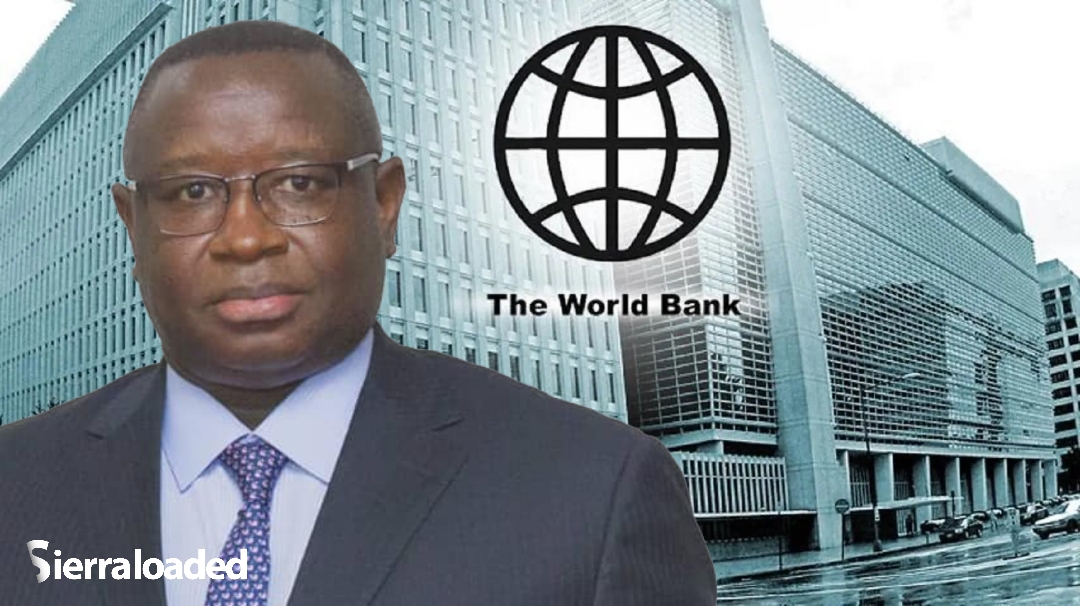Headline inflation is expected to remain elevated in 2022 due to ongoing global supply-chain disruptions.
The report shows that Pre-COVID fiscal gains have been since reversed with emerging expenditure needs and revenue shortfalls.
The COVID-19 shock disrupted the fiscal consolidation momentum of previous years and prompted the authorities to provide support through fiscal stimulus, including social transfers. The report indicates that the fiscal deficit has since increased by 2.6 percentage points of GDP (to 5.8 percent) in 2020 and 5.9 percent in 2021. While total expenditures have increased, revenue collections have registered some gains in 2021 in part due to one-time mining revenues and stricter enforcement of tax laws, according to the report.
Public debt has continued to rise and approached 79 percent of GDP in 2021, reflecting persistent fiscal deficits, currency depreciation, and limited access to concessional sources of financing.
The report recommends that prudent fiscal management will be crucial to strike a balance between the emerging expenditure needs and limited fiscal space.
The authors also highlight the need for the government to access only concessional sources of borrowing: and financing to address its debt vulnerabilities and manage its risk of debt distress.
“Sustained fiscal adjustment and active debt management can support debt sustainability and reduce vulnerabilities. Reduction in domestic borrowing needs will also free up more credit for the private sector,” said Abdu Muwonge, World Bank Country Manager for Sierra Leone.
“However, it is a welcome development that Sierra Leone’s economy is slowly recovering and is projected to average 4.4 percent growth in the medium-term. Improving and sustaining these growth prospects will require further attention to policies that deal with the COVID crisis and lessen its impact on people’s livelihoods.”
The 2022 Economic update devoted a special section to examine one of the main co-staraints faced by small Medium Enterprises (SME’ss) in Sierra Leone.
Access to finance consistently features as one of the top constraints for SMEs across various surveys and diagnostics conducted by the World Bank and other development agencies
SMEs can be engines of economic growth and job creation, under the right circumstances. Currently, in Sierra Leone, SMEs (along with micro-enterprises) provide livelihoods to approximately 70 percent of the population and represent over 90 percent of the domestic private sector. However, most operate in the informal sector, only ten percent are registered, and they struggle to grow.
The provision of financial products and services through digital channels is widely considered an essential enabler to reduce the SME financing gap. However, the state of digitization of financial services-both in terms of infrastructure and adoption-is still at its nascent stages. Sierra Leone lags behind its counterparts in Sub-Saharan Africa in overall ICT performance. Access to electricity also remains at challenge both in terms of reliability and affordability. As policy priorities over the short to medium-term, the report identifies the provision of financial products and services through a national strategy and digital channels as an essential enabler to reducing the SME financing gap.
“To improve on the current outlook, policy responses should focus on cushioning the impact of recent shocks and implementing reforms to safeguard and strengthen economic recovery over the medium-term,” said Kemoh Mansaray, World Bank Senior Country Economist and a lead author of the report.











